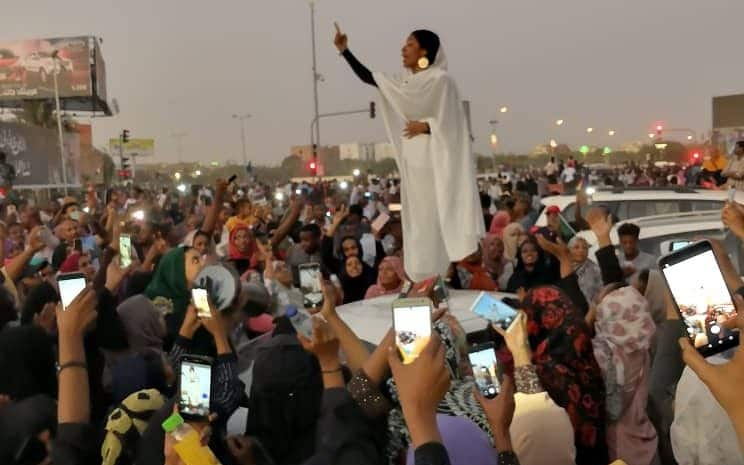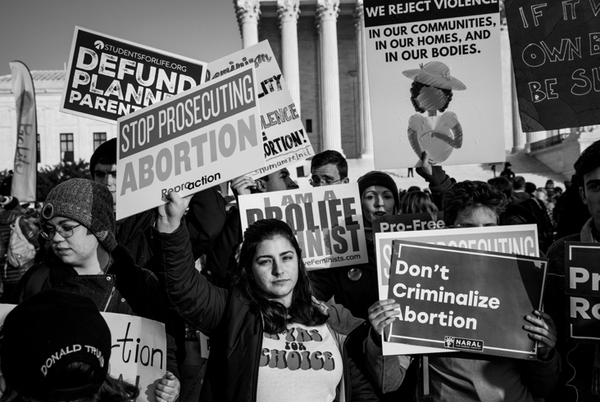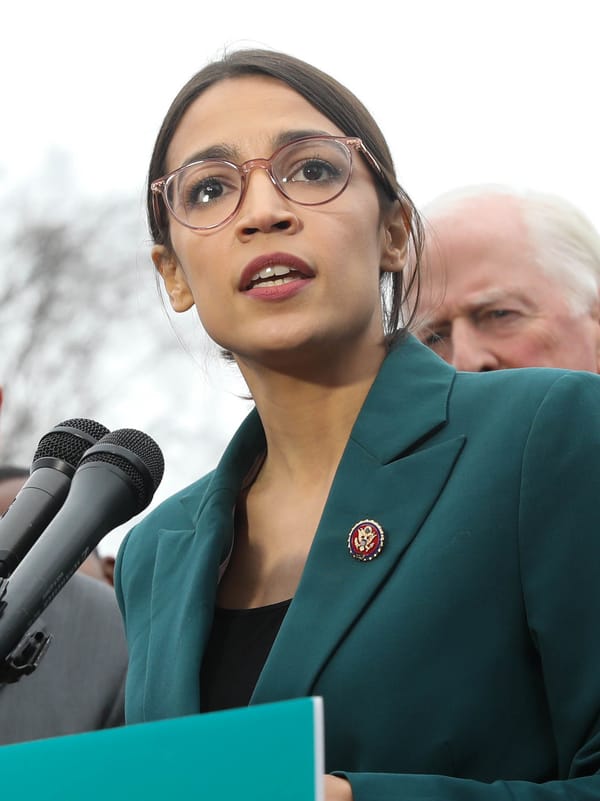Resistance, Resilience and Revolution
A brief insight into the humanitarian crisis and the Sudan Revolution, as well as little steps we can all take to help

For the first time ever in the lives of the Sudanese youth community, we get to see and experience a Sudan that isn’t ruled under Omar-Al-Bashir’s dictatorship. For the past 30 years, Sudan has seen Bashir’s rule take everything away from its people – everything except for the people’s resilience.
Since the uprisings began in December following the rise of fuel and bread prices, Sudan’s people have made it clear that they weren’t going to settle for anything less than the complete removal of the current regime and the reinstatement of a completely new government composed solely of civilians. People made these demands clear through peaceful sit-ins, and were met with the use of force by Sudan’s militia. That didn’t stop Sudan’s people from continuing to demonstrate tremendous strength and courage at the face of brutality and harsh inhumanity, and eventually led to the toppling and overthrowing of Omar-Al-Bashir on 11th April – a revolutionary success deemed legendary by international spectators, and deemed tradition by the locals, who have peacefully toppled two previous governments, once in 1964, and again in 1985.
The Rapid Support Forces, or the RSF, led by Mohamed Hamdan Dagalo – better known as Hemedti - replaced Bashir’s rule following his overthrowing on 11th April, as well as the overthrowing of his successor less than 48 hours later. They proposed a three-year transitional period in which a military government was to lead the country, but were met with resistance from the Sudanese public through peaceful sit-ins. The public made their demands very clear through the Sudanese Professionals Association (SPA), as their “official” voice, and a democratically elected civilian government topped the list of demands.
This time round, the protestors were met with a horrific slaughtering campaign led by the RSF, aka the rebranded Janjaweed (which translates to “devils on horseback”). Systematic rape of men and women was being carried out on the roads of the capital, Khartoum, with endless accounts of children having had to watch their parents being raped in front of their own eyes. Accounts of bodies washing up on the banks of the Nile river were flooding social media, with graphic photos and videos reaching everyone’s timelines. Stabbings, muggings and lootings became the norm as the militia lurked the streets.
Internet access was also shut down in an attempt to silence the protestors and prevent news of the barbaric acts from reaching the outside world. However, the militia underestimated the power of the Sudanese youth, who broke the internet without any internet.
Following the past few weeks, we’ve watched social media turn various shades of blue in a show of solidarity with protestors in Sudan, as well as a tribute to the martyrs of the revolution, often accompanied with the hashtag #BlueForSudan. The colour was chosen following the martyring of Mohammed Hashim Mattar, who had just arrived in Khartoum from London, and was only 26 when he became one of the 100s of people gunned down by the RSF on 3rd June.
As a member of the Sudanese diaspora watching this violence unfold back home, my only solace came from talking to friends and family also watching this from afar, filled with dread and panic as to what was going to happen next. With internet being shut down and access to my friends being impossible, it was time to find out what I, as an individual, could do to help my country, and these things are little steps we can all take to give Sudan the justice it deserves.

1. Educate yourself and read more around the situation in Sudan
The ‘Sudan Uprising Master Document’ is currently one of the biggest databases with information on the Sudan uprisings, and has an extensive list of articles and resources accessible.
‘Tasgot Bas Archives’ was also set up as an easy medium to help you navigate the Sudanese Revolution, with information on all the aspects of the revolution available at a click.
There’s also an abundance of videos released on social media platforms that explain the revolution in detail, with one of the most popular being Hasan Minhaj’s Patriot Act episode on Netflix.
2. Spread the word
Many were dubious as to what changing your profile picture to blue would do but it was only after social media turned blue that Sudan started getting any form of Western media coverage.
Use the hashtags #BlueForSudan, #IAmTheSudanRevolution, #SudanUprising, #SudanCivilDisobedience and #SudanRevolts in your posts to raise awareness. It was also due to the use of these hashtags on Twitter that the world finally learnt of the ongoing crisis in Sudan.
Share information about Sudan on all your social media platforms. There’s an abundance of information available online to help you fact-check, and most Sudanese people you contact would be more than happy to share their stories and verify reports.
Finally, a simple retweet or repost can go a long way. Look for verified accounts on social media and amplify the voices of Sudanese activists and organizations on the ground. @BSOnBlast, @aElgady, @YousraElbagir and @Qutoufy are just a few of the activists who have been doing a great job at keeping the world updated on the Sudanese revolution.

3. Donate what you can to registered non-profit organisations helping Sudan
Look for legitimate aid organisations you can donate to. Save the Children has been working in Sudan since 1984 to help children displaced by conflict and poverty. The International Rescue Committee started work shortly afterwards in 1989 to help displaced families by providing food and shelter, as well as vital resources. UNICEF has also worked extensively in Sudan and has verified means of donating to help with the crisis.
There have also been several fundraisers set up by the Sudanese diaspora in hopes of making donations from the international community easier. Check their pages before donating – most of the legitimate ones have photos up as proof of where your money is going. The GoFundMe “Emergency Medical Aid For Sudan” has been verified and is currently where most UK donations are encouraged.
Amidst all the social media coverage, there have been numerous Instagram accounts which have taken off, the most popular of which was @SudanMealProject, claiming they would donate meals and aid to Sudan in exchange for follows, likes or story shares. Following basic investigations, it was revealed that these click-bait accounts were created for attention and were not actually working with any aid organisations, and this was later confirmed by UNICEF communications specialist Joe English, who says, “it’s incredibly difficult to send meals to Sudan”. This further highlights the significance of ensuring you are donating to verified sources.

4. Attend protests and vigils being held near you
In London, Manchester, and Nottingham, as well as other major UK cities, protests are being held weekly, if not more often. The saying “strength in numbers” is more true now than ever. It is vital that we all show up whenever we can to support the movement and do our bit for everyone standing up for democracy on the ground in Sudan.
Recently, there have also been vigils held to commemorate the fallen martyrs of the Sudan Revolution – peaceful protestors who have been brutally killed under the military regime. Whilst being proactive is essential to the success of the revolution, it is also vital that we take time out to grieve and heal, and it is so important that we give ourselves the platform and space to remember everyone who gave their lives for the sake of a better future for all of us.
More information on both can be found on Instagram: @SudanUprisingUK.
5. Put pressure on your local government and lawmakers
With numerous petitions taking off on Change.org, there is so much that can be done to pressurise the government to acknowledge and condemn the lethal use of force on peaceful protestors by Sudan’s militia. Condemnation, which isn’t necessarily the most effective approach, is essential in recognising the situation in Sudan as a crisis, and paving the way for international observers and mediated talks that could finally give democracy a chance.







